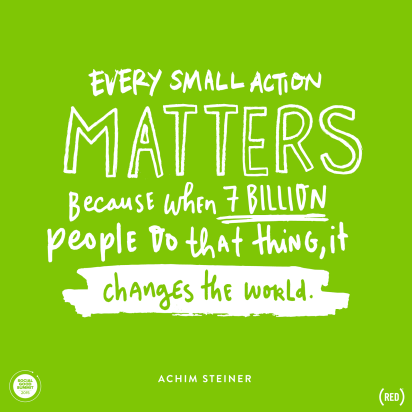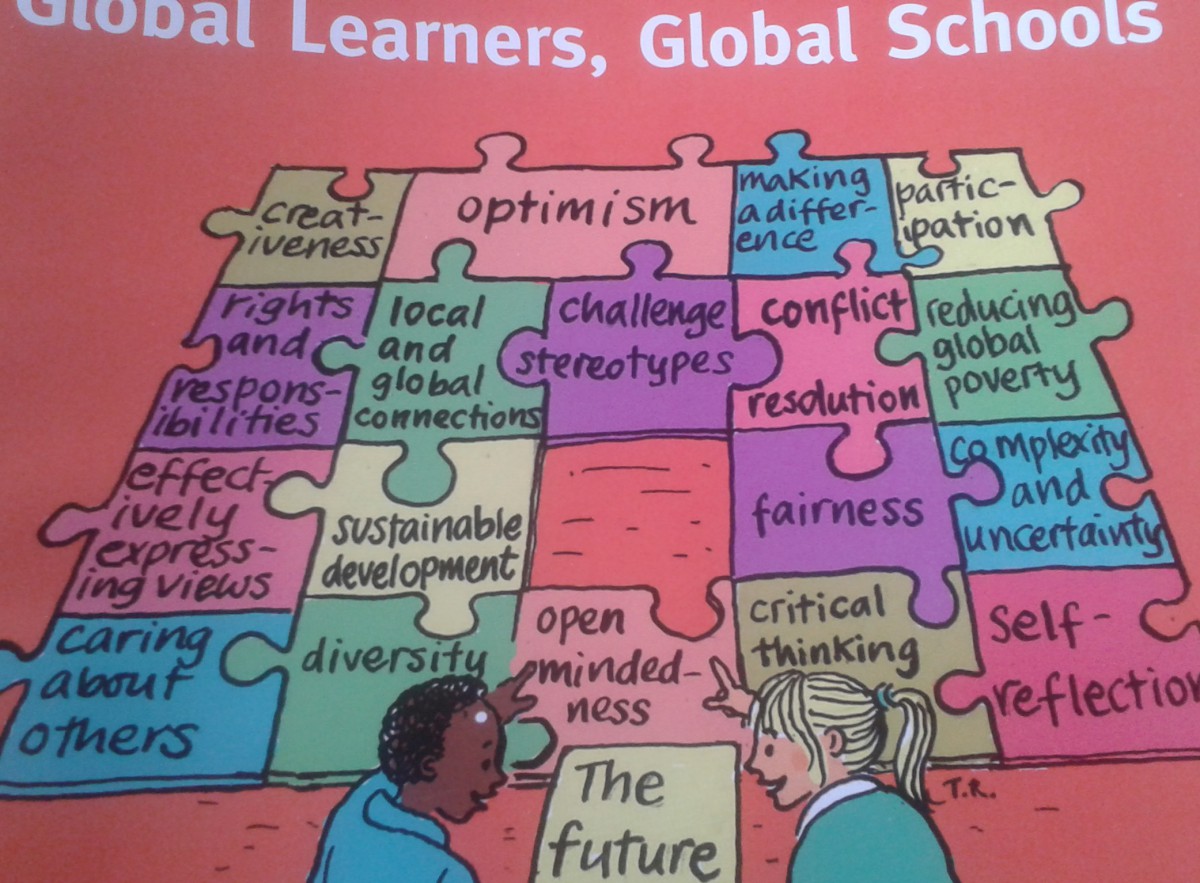Ages since last post, been busy – but am back with a few thoughts on aims, goals, dreams and targets….

Since Easter 2015 my work as a Global Education Officer has focused mainly on British Values, Philosophy for Children (see earlier blogs on these two strands of global learning), Fair Trade and latterly a little on Respect & Identity, and lastly The Sustainable Development Goals. These follow on from the Millennium Development Goals which were agreed by the UN in the year 2000 as aims and targets for the world to secure by 2015. There were eight targets aimed at reducing inequality and poverty around the world. They were very ambitious targets, ie eliminating poverty. But the data and results are impressive despite not reaching the ultimate goals.
In September 2015 the UN ratified and agreed the new Sustainable Development Goals which were launched with a huge media campaign and Global Citizen concert in New York. Malala (see earlier blog), the high profile equality rights campaigner, is a strong advocate for promoting these goals. These targets are known more widely as the Global Goals, and there are 17 of them. Again they are very ambitious, vital for the sustainability of the planet itself, and morally important. The aim is to achieve the following goals for everyone by 2030:
Global citizenship is the only way we can achieve the aims of the SDGs in my view. If everyone on the planet was aware, critical, questioning, and actively involved in securing peace, equality and prosperity for all, the people in power would be forced to listen, act and change the way the world is organised, managed and led. In all aspects. We all need to change too, but if everyone did a little bit it would add up to a huge amount.

In order for everyone to be critically aware and have a voice however, education (Goal 4), is the only way. These are complex issues and at primary school level here in the UK global learning is as much about learning how to question, discuss, listen to other points of view, examine, dig deeper into media images or headlines or parents’ views etc, as it is about developing our knowledge of the world and the issues involved in things like poverty, inequality, democracy, global warming, refugees, war and so on.

When I was a full time classroom teacher and middle manager, targets for children’s attainment and progress were constantly reviewed and then set higher. There was always a minimum target and an ambitious one, for every child in English and Maths, every phase, year, term, even half term. I found whatever they achieved was not enough. There was constant scrutiny and unpicking of everything. Although not in History lessons, or art work, or PE, for example. Just English and Maths. The narrowing of the focus onto these (vital) areas of the curriculum is not good for helping anyone become critical learners, able to question, investigate, examine, explore, discuss, think, debate; or to be motivated to actively participate and become agents of change. There are opportunities for learners to develop these skills in English and Maths, but there is always too much content to cover, knowledge to learn and pressure to get higher and higher results.
I am a sports fan. I love watching sport and I like to play games and kick a ball around. I love football, playing, watching local teams live, big games on TV. I am constantly amazed by the dedication, perseverance and sacrifices of Olympians in particular and other elite sports stars: how they work so hard, train so much, bounce back from injury and defeat, strive for success. Many of them never win. But I really admire athletes like Jessica Ennis-Hill, Frank Lampard, Tanni Grey-Thompson – they may not be controversial or celebrity-type personalities, but their dedication to achieving perfection is astounding. I don’t know how they do it, have that drive, that determination, endlessly, for years and years. Talent it seems to me will only get you so far. Other values, attitudes and attributes are also needed to get you to your next target, goal, place. And these are harder to measure but just as important in any walk of life and therefore in schools and children – and for us all as global citizens.

Every January I like to list things I want to achieve that year, including people and places to visit, events, work ambitions, health targets and jobs at home. I’ve always done it. I never manage to achieve it all – time runs away, things happen unexpectedly, resources are limited and there’s always the need to compromise – but I like to know what I’m trying to do, what I can aim for in all aspects of my life in terms of family, home, health, travel, social, learning, work. My aim for next year is to maintain a variety of roles within education supporting children to learn about our amazing world, global citizenship and history – to inspire people. And to be able to do this whilst still paying the bills….

